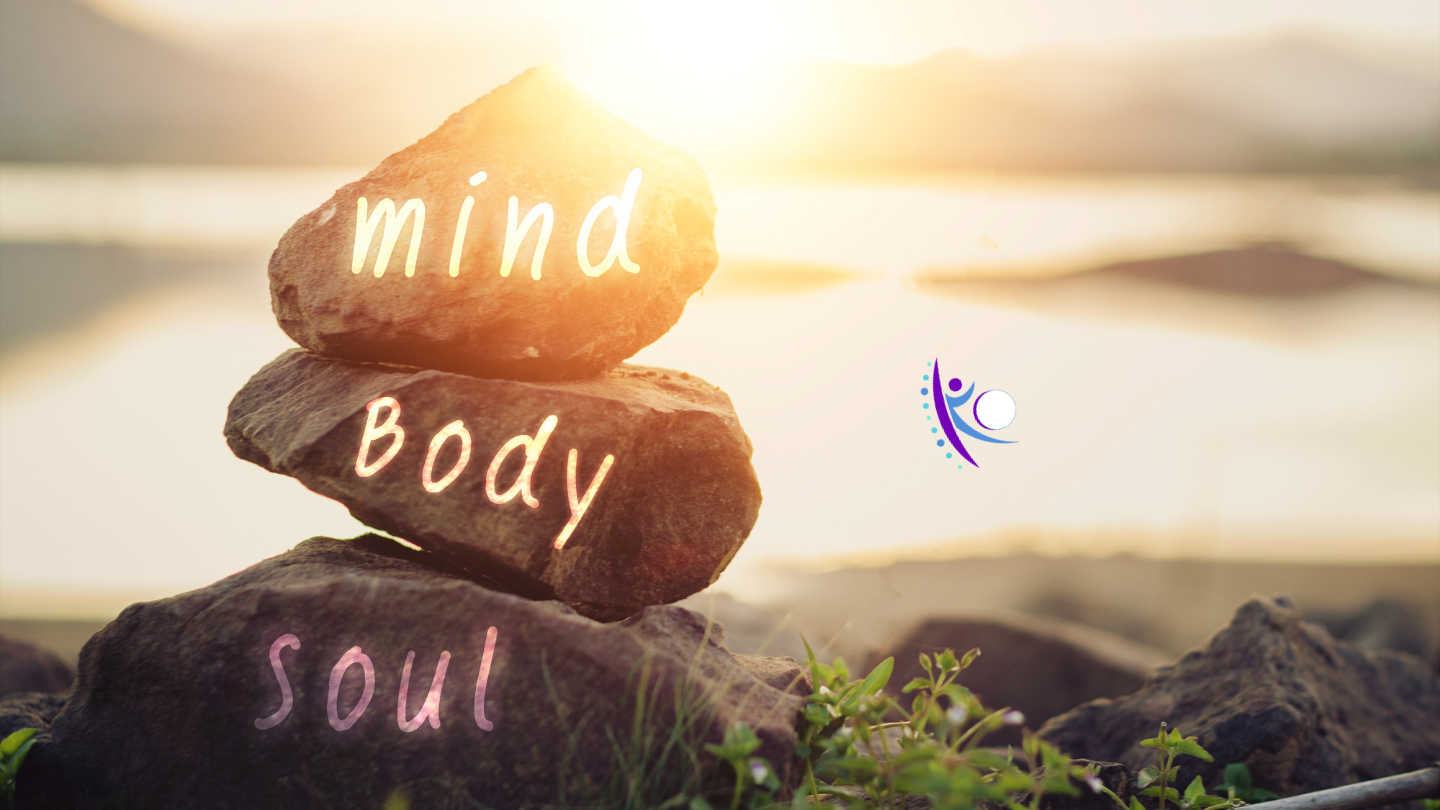The Power of Mindfulness in Stress Management: A Comprehensive Guide
Stress has become an unavoidable part of daily life. From work deadlines to family obligations, the pressures of modern living can take a toll on our physical, mental, and emotional well-being.
Fortunately, there is a powerful tool that can help us navigate the challenges of stress with greater ease: mindfulness. In this article, we'll explore the benefits of mindfulness practices such as meditation, deep breathing, and body scans in reducing stress and promoting overall well-being.
The Stats Show:
Corporate Adoption: A report by the National Business Group on Health revealed that 80% of employers offer some form of stress management or resilience training, with mindfulness programs being among the most popular.
Impact on Workplace Stress: According to the American Institute of Stress, workplace stress costs U.S. employers an estimated $300 billion annually in absenteeism, turnover, and reduced productivity.
🧘♂️ Understanding Mindfulness
Mindfulness is the practice of bringing your attention to the present moment without judgment. It involves cultivating awareness of your thoughts, feelings, and sensations as they arise, and accepting them without resistance.
By practicing mindfulness, you can develop a greater sense of clarity, calmness, and resilience in the face of stress.
🌬️ The Power of Deep Breathing
Deep breathing is a simple yet powerful mindfulness technique that can help calm the nervous system and reduce stress.
By taking slow, deep breaths, you can activate the body's relaxation response, lowering heart rate and blood pressure, and promoting feelings of relaxation and well-being.
🧠 Benefits of Meditation
Meditation is another effective mindfulness practice that can help reduce stress and promote overall well-being.
By setting aside time each day to meditate, you can train your mind to focus on the present moment, cultivate a sense of inner peace, and develop greater resilience to stress.
🛌 Body Scans for Relaxation
Body scans are a mindfulness technique that involves systematically scanning the body for tension and releasing it through gentle breath awareness.
By bringing attention to different parts of the body and consciously relaxing them, you can reduce physical tension and promote relaxation, making it easier to manage stress and sleep more soundly.
📈 The Science of Mindfulness
Research has shown that mindfulness practices have numerous benefits for mental and physical health.
Studies have found that regular mindfulness meditation can reduce symptoms of anxiety, depression, and chronic pain, improve sleep quality, and enhance overall well-being.
Additionally, mindfulness has been linked to changes in brain structure and function associated with greater emotional regulation and resilience to stress.
🌱 Incorporating Mindfulness Into Your Daily Routine
The beauty of mindfulness is that it can be practiced anywhere, anytime, and by anyone. Whether you're sitting at your desk, commuting to work, or going for a walk in nature, you can bring mindfulness into your daily life. Start by setting aside a few minutes each day to practice deep breathing or meditation, and gradually increase the duration as you become more comfortable with the practice.
🤝 Seeking Support and Guidance
If you're new to mindfulness or struggling to establish a regular practice, don't hesitate to seek support and guidance. There are numerous resources available, including books, apps, and online courses, that can help you learn more about mindfulness and develop a consistent practice.
Additionally, consider joining a mindfulness group or seeking guidance from a qualified mindfulness teacher or therapist.
Conclusion
In conclusion, mindfulness is a powerful tool for managing stress and promoting overall well-being. By incorporating mindfulness practices such as meditation, deep breathing, and body scans into your daily routine, you can cultivate a greater sense of clarity, calmness, and resilience in the face of life's challenges.
Remember, mindfulness is not about eliminating stress or achieving a state of perfection—it's about learning to relate to stress with greater awareness and compassion, allowing you to live with greater ease and authenticity.
Kathie Owen, Corporate Wellness Professional









